Taiwan president wants 'meaningful dialogue' with China amid rising military tensions
Taiwan’s President Tsai Ing-wen has expressed desire to engage in “meaningful dialogue” with China on what she termed an equal basis.
The rare move to offer a friendly gesture comes amid persisting military tensions with Beijing, which regards the island territory as part of sovereign Chinese land.
“As long as the Beijing authorities are willing to resolve antagonisms and improve cross-strait relations, while parity and dignity are maintained, we are willing to work together to facilitate meaningful dialogue,” Tsai said during National Day celebrations in the island’s capital of Taipei on Saturday.
She, nevertheless, described the situation in the Taiwan Strait as “quite tense,” claiming that this, along with other disputes in the South China Sea, a China-India border conflict and Beijing’s crackdown on Western-sponsored protesters in Hong Kong, pointed to major challenges facing “democracy” and peace in the region.
She then continued her boastful remarks by insisting that if Beijing can heed Taiwan’s voice and jointly facilitate reconciliation and peaceful dialogue, regional tension can surely be resolved.
Tsai vows strong military build-up
Tsai, however, emphasized that she would keep pressing for solidification of Taiwan’s armed forces as a national priority while pledging her commitment to what she referred to as maintaining stability in the Taiwan Strait, adding that this was the responsibility of both sides.
“Our commitment to our sovereignty and democratic values will not change, but we will also maintain strategic flexibility and be responsive to changes,” she underlined, without offering further details.
Tsai further vowed to uphold what she described as the principle of neither seeking war nor fearing it.
There was no immediate response to Tsai’s remarks by Beijing, which cut off a formal talks mechanism with Taiwan in 2016 after she rose to power.
The development came as the US -- which, like most countries, has no formal diplomatic relations with Taipei though remains its strongest global backer -- has been pressing Taiwan to further build up its military so they can become a “porcupine”, hard for China to attack.
Last month, Taiwan's Defense Ministry declared that 19 Chinese aircraft took part in an aerial drill, some of which crossed the so-called median line dividing the Strait and entered Taiwan's southwest air defense identification zone (ADIZ).
It further said that Beijing deployed 12 J-16 fighters, two J-10 fighters, two J-11 fighters, two H-6 bombers and one Y-8 anti-submarine aircraft for the maneuver, though none got close to mainland Taiwan itself or flew over it.
The move came after China had announced its UN peacekeeping efforts as well as its combat drills near the Taiwan Strait while slamming what it described as collusion between Taipei and Washington following a visit to the island territory by a senior US diplomat that enraged Beijing.
At the time, Taiwan's defense ministry also accused China of conducting provocative activities and seriously damaging peace and stability.
However, China’s widely-read Global Times daily published an editorial that referred to the Chinese aerial drills as a practice run to take over Taiwan, insisting, "The US and Taiwan must not misjudge the situation, or believe the exercise is a bluff. Should they continue to make provocations, a war will inevitably break out."
Senior US diplomat’s Taiwan visit angered China
The Chinese show of force near Taiwan came as US State Department’s Undersecretary for Economic Affairs Keith Krach began a 3-day tour of Taiwan as the most senior American diplomat to visit the island territory in four decades.
The visit triggered an immediate rebuke from Beijing, which opposes any recognition of Taiwan and has launched a decades-long policy of isolating the territory it considers as a renegade province.
It came as the hawkish US Secretary of State Mike Pompeo accused China of "military blustering" after Beijing carried out its aerial drills near the Taiwan Strait during Krach's visit.
Earlier this week Pompeo further slammed what he called China’s “exploitation” in the region, conceding that Washington was seeking to halt Beijing’s influence “in the South and East China Seas, the Mekong, the Himalayas, the Taiwan Strait.”
His provocative remarks came during an Indo-Pacific meeting in Japan’s capital city of Tokyo on Tuesday, when he further urged fellow members of the Quadrilateral Security Dialogue (Quad) – Japan, India and Australia – to team up with Washington to establish a formalized military alliance and a united front against China.
Washington's growing outreach to Taiwan under the Trump administration has become yet another flashpoint with Beijing as the two economic and military powers clash over a range of issues, including trade, security, as well as the coronavirus pandemic.
This is while the famed US foreign policy strategist and former US Secretary of State and national security adviser Henry Kissinger warned Washington and Beijing on Wednesday to halt the escalation of threats against each other of they will face a situation similar to World War I.
Kissinger further underlined that the US must realize that it can no longer achieve “unilateral superiority” in economic and technological strength, warning rising tensions between the two countries over a number of issues could ultimately result in a disastrous, kinetic war.
“Our leaders and [China’s] leaders have to discuss the limits beyond which they will not push threats, and how to define that,” he added in a virtual discussion with Federal Reserve Bank of New York President sponsored by the Economic Club of New York.
Egyptian group kills 'Israeli agent' in Alexandria
Iraq resistance strikes in Israeli port city
Police break up pro-Palestine protest at Swiss university
VIDEO | Tensions high as recession-weary Argentines march to president's residence
Forced displacement of Palestinians a war crime: UN rights office
Congresswoman Tlaib urges ICC to issue Netanyahu arrest warrant over Gaza genocide
Pakistan rejects foreign dictation on Iran gas project: FM
Netanyahu confronting not only Palestinians but entire world by Rafah invasion: Official







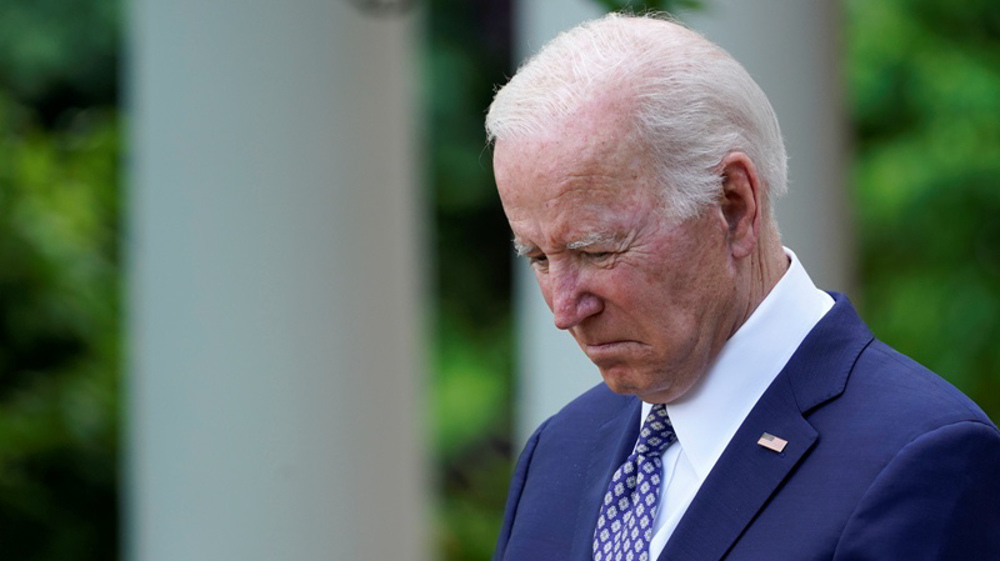
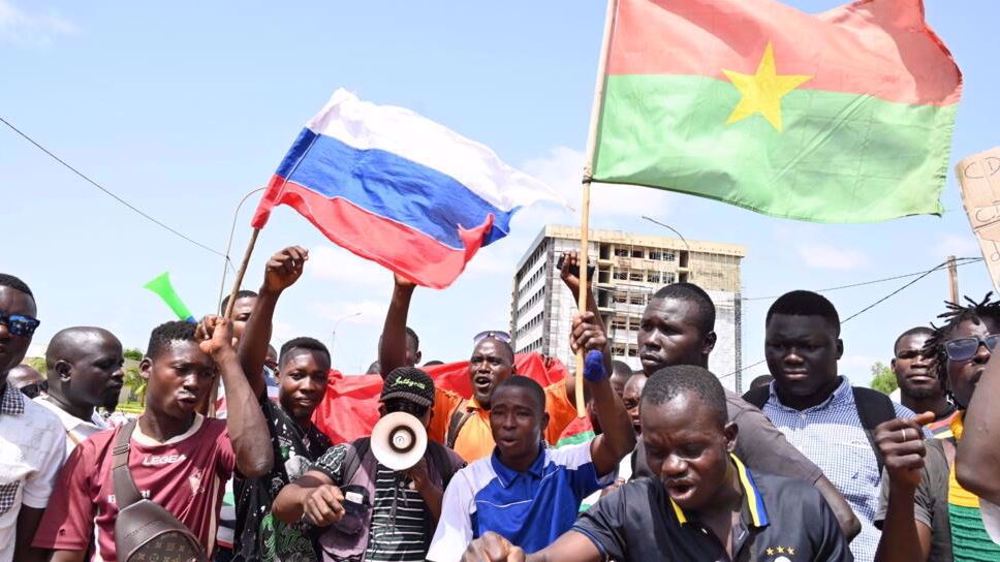



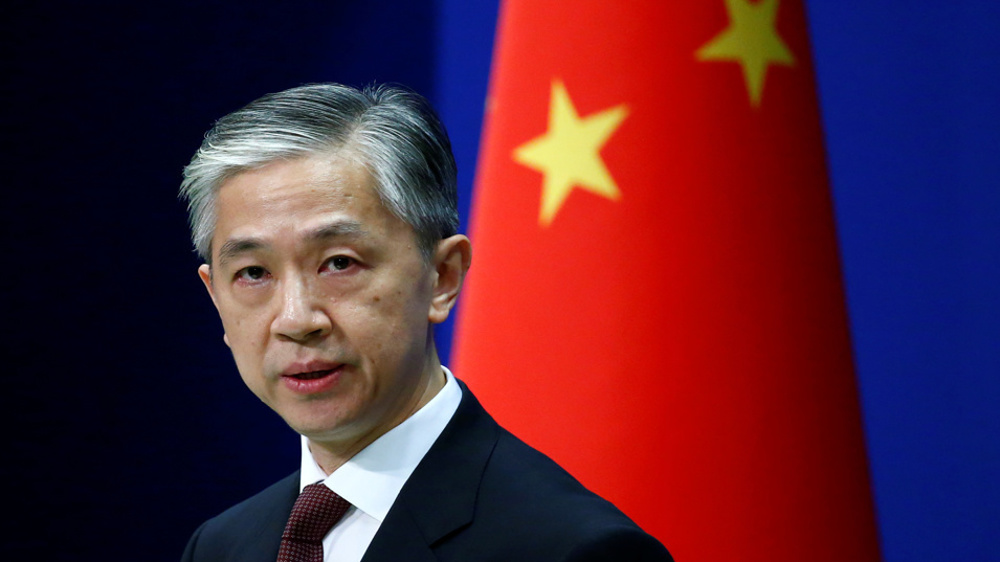
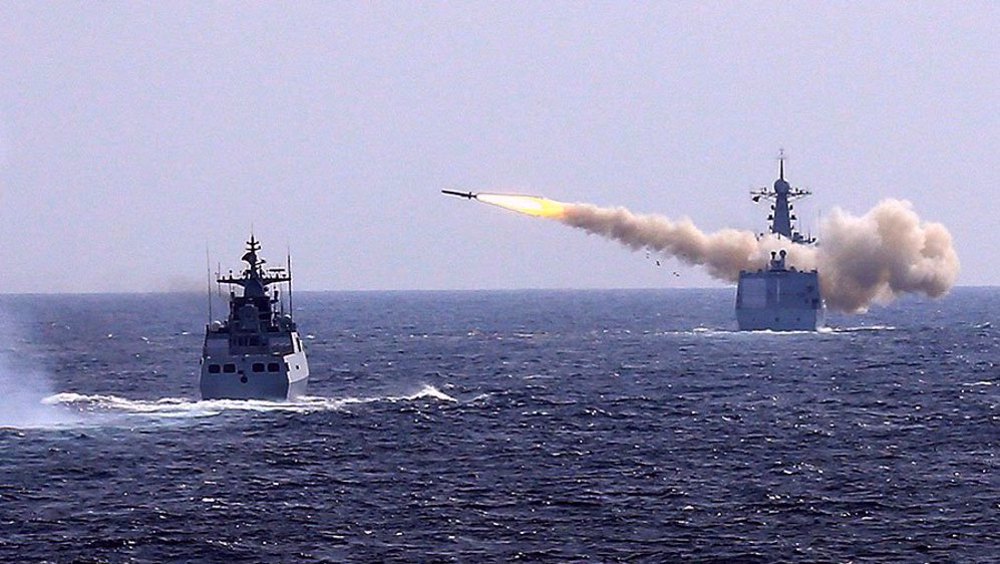
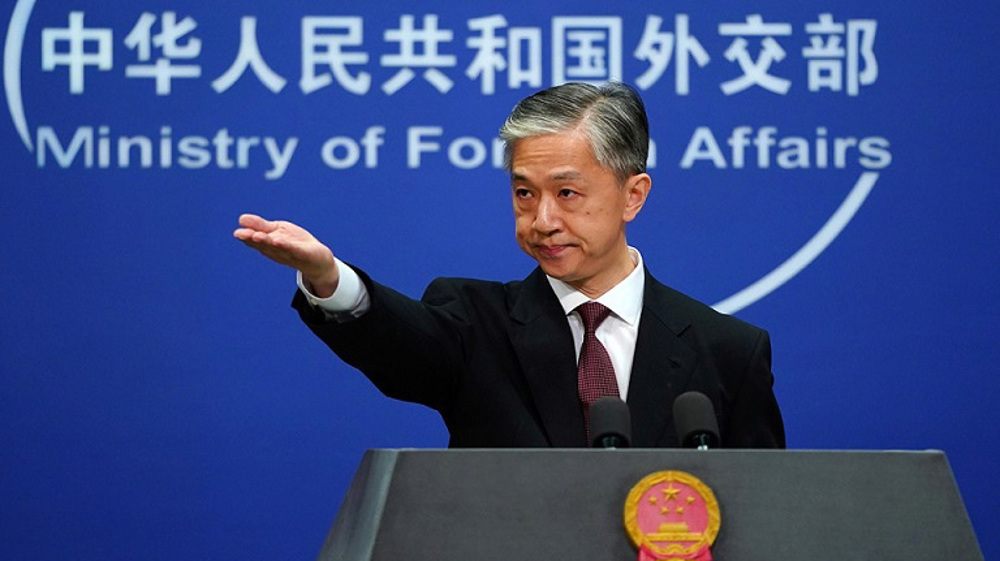


 This makes it easy to access the Press TV website
This makes it easy to access the Press TV website